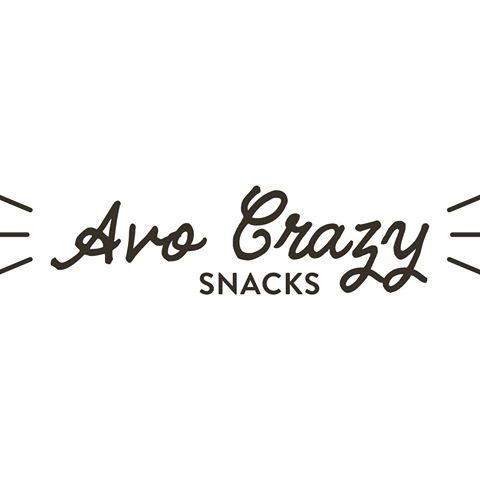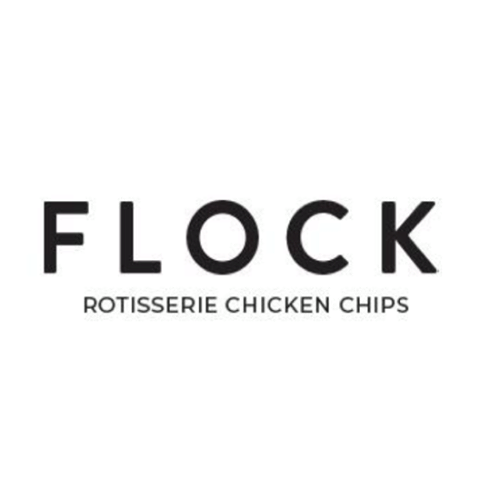The Naked Market: Failing Fast Will Lead to ‘Grand Slams’
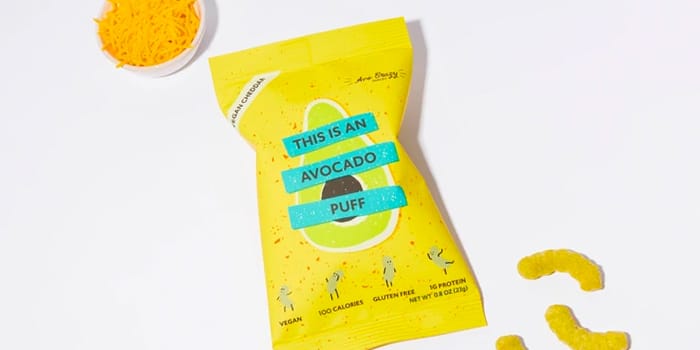
Founded by long-time friends Alexander Kost, Harrison Fugman and Tim Marbach — the COO, CEO and president, respectively — the Naket Market debuted its first product line, Beach House Bowls acai and granola cups, in late 2019. The company has gone on to launch Flock chicken skin chips and, most recently, AvoCrazy puffs. The trio had no experience in food and beverage but were “giddy over the opportunity,” Fugman said.
The company has developed a board of advisors which contains seasoned food & beverage executives, including Fresh Direct founder and former CEO Jason Ackerman and Gardein Protein and Yves Veggie Cuisine founder Yves Potvin. The company also closed a roughly $3 million round of funding from angels and venture capitalist firms including Holtzbrinck Ventures, Econa Capital and Sequoia Capital’s Scout Fund.
AvoCrazy Avocado Puffs launched with an 0.8oz 8-pack at $24 and 3.5 oz bags for $4.99 in Vegan Cheddar, Vegan Ranch, and BBQ Salsa flavors.
Where Naked Market sees an opportunity to differentiate itself, Fugman said, is to use data to quickly create innovative brands which can be tested in the marketplace at a low cost. While some of its brands may fail — Beach House Bowls has already been taken off the market — that’s simply the cost of iterating quickly, he added.
“We bring a formulaic approach to the startup food and beverage world where we launch several independent brands, identify the winners, and then scale them into becoming household names,” Fugman said. “Food and beverage is a hits driven business where you can learn very quickly if a brand is tracking to become the next big thing, or if it’s destined for mediocrity.”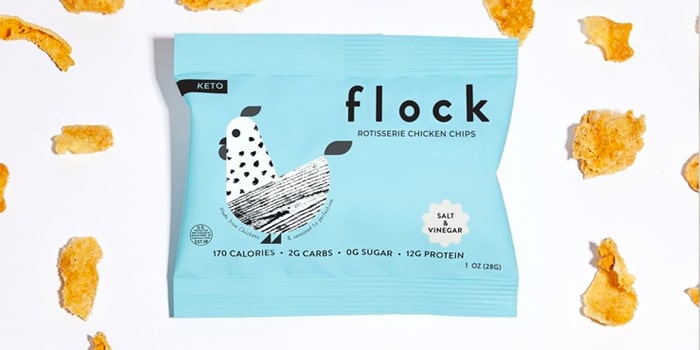
Every product sold by The Naked Market must also be shelf stable and be able to be shipped around the country cost effectively. The company operates an “asset light” model, Kost and Fugman said, with the team largely focusing on this e-commerce side of the business. For manufacturing and getting into brick and mortar retailers, the group looks to outside experts.
“We’ve identified what we’re good at and really doubled down on that and continued to develop that expertise in house,” Kost said. “Then some of the things, such as manufacturing and offline sales, we rely on people with long food industry expertise in and we make sure everyone is incentivized to believe in our vision and work together with us.”
Covid-19 has made that focus even more important, the duo said, with less consumers heading in stores for product discovery and instead turning to social media networks and influencers.
Each product goes through a two-phase launch process. In stage one, the brand launches on its own e-commerce platform, in regional retailers and in more “experiential” settings such as tech offices or Barry’s Bootcamps. If a brand sees traction, it moves into stage two: launching on third party online marketplaces and into national retail chains. While a brand doesn’t have to see “amazing success” in both channels, it does have to have the possibility to succeed both online and offline.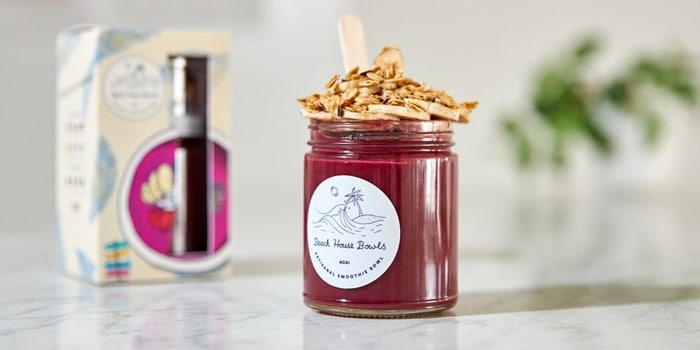
“We’re working to create brands that really become U.S. household names,” he said. “We’re not playing for singles, we’re playing for grand slams. And the economic payoff of a grand slam that outweighs that of a single.”
That approach means that any dead weight is quickly jettisoned: When raising capital last year, the company planned for six launches with only one or two making it to stage two and really seeing success. The problem is that too many entrepreneurs are not willing, or able, to make the hard choices of shutting down a business and become “too attached,” Fugman said. Often, there is also so much riding on a specific product, that pivoting to a new line also isn’t an option.
“If a customer is telling us they don’t want the product and the key metrics are flopping, it’s time for us to know we’re trying to fit a square peg into a round hole and we need to move on,” Fugman said. “Our thesis is that in consumer products, that decision just often takes entrepreneurs years to realize.”
